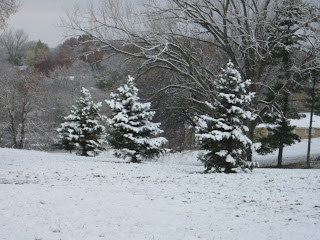As 2018 closes, it feels appropriate to honor it by
reflecting on our experiences during the year, for they were our teachers, and
teachers always deserve thanks (even—or especially—the hard ones!). Consider
taking some time on in the next few days to make a list of all that especially had
an impact on you in 2018—people or places you encountered, situations or
challenges you experienced, projects you worked on, insights you had. Are you
surprised at anything that occurred in 2018? What did you learn about yourself
or about God, and how will that change the way you approach the new year?
One thoughtful approach to the new year is to start a
journal or consider new ways of journaling if you already engage in this
spiritual practice. Keeping a journal doesn’t have to be daunting … jotting a
few images or thoughts is just as useful as writing several pages every day! I
answer several questions in my journal each night as a form of examen:
• How did I encounter Christ today?
• What was I most grateful for?
• What was I least grateful for?
• What did I learn by listening?
• What habit patterns did I notice?
• What delighted me?
I’ve known other people who write a haiku at the end of the
day about whatever comes to mind. Any approach you take will be a guide to
reflecting on your spiritual path, especially at the end of the year.
May the Holy Spirit guide your reflections and your path in
the coming year!






























